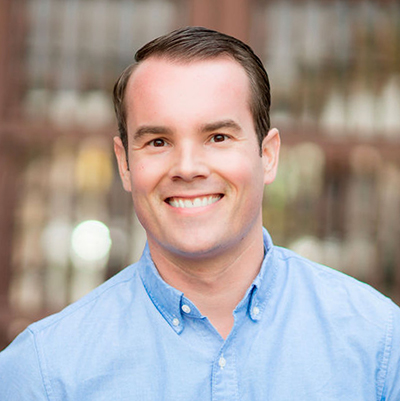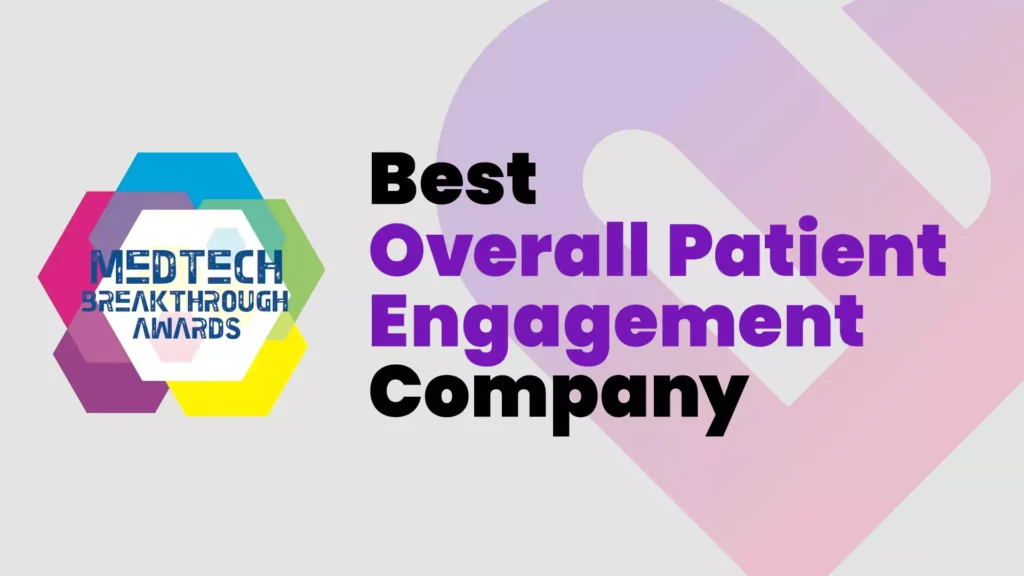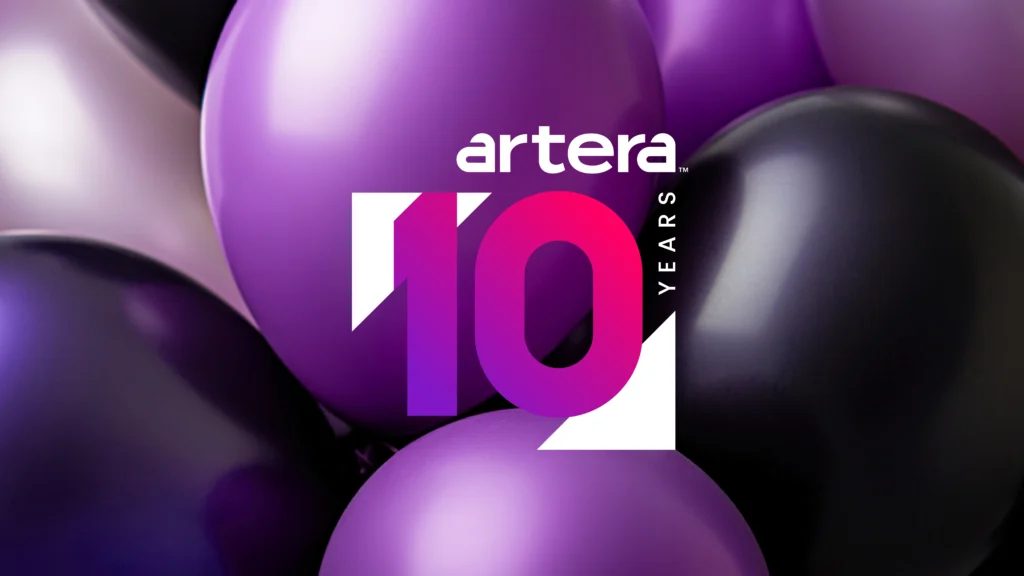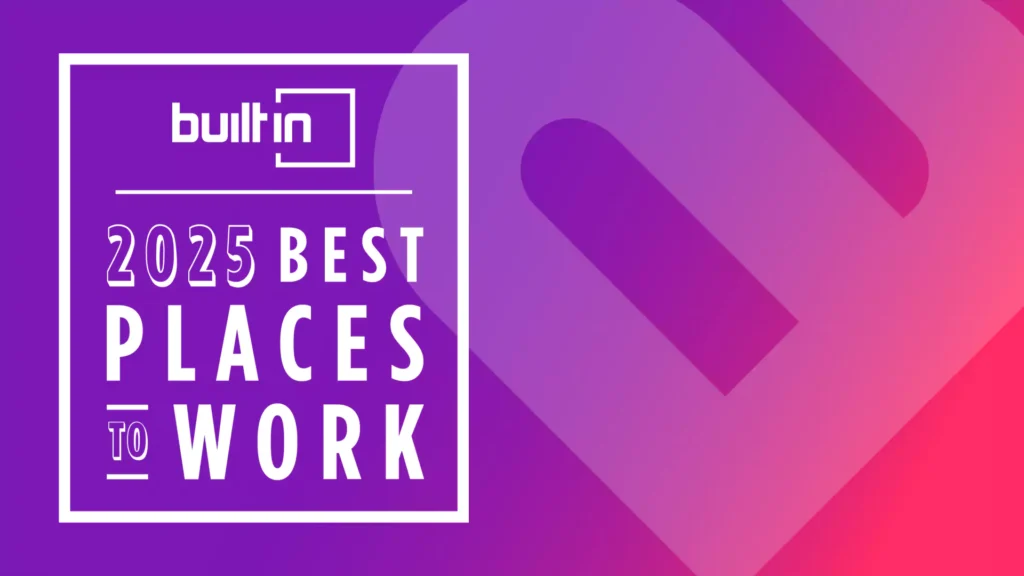SHARE:
[DISPLAY_ULTIMATE_PLUS]
Tom McIntyre doesn’t mention his extensive shoe collection when I ask about any eccentric hobbies.
He is as methodical about men’s shoes as he is about anything else — he researches, he plans, and he executes with impeccable timing. It’s not a hobby. It’s just him.
Tom is WELL’s VP of Operations. He recently opened up about how early sports experiences shaped his drive in business, proposing to his wife atop Lion’s Head in South Africa, his approach to goal setting, and his top three book recommendations.
Where did you grow up and attend college?
I grew up in Frederick, Maryland, about 45 minutes northwest of both DC and Baltimore. I played sports all my life growing up, so competition is something that’s ingrained. During my senior year of high school, the Maryland Terrapins won the national championship in basketball. So naturally that made my decision for me — I was just such a huge fan and wanted to go to the University of Maryland. It worked out because it was in state and allowed me to stay home and be with my family and many friends who attended.
Did you have any meaningful coaches or experiences in sports?
Some of the coaches broke it down like this: If you want to get to a certain level or a certain place, there is a path. There is a game plan, but you have to be willing to put in the work. If you want this goal, you have to do X, Y, and Z to achieve it.
And I was one of those people who would take to that. I thought, “Oh, okay, I need to start using my left hand to brush my teeth to get better with my left hand in basketball, or something like that.”
I would always think of how I could get on that path to get to a better place.
How did that approach translate to business?
It led to a lot of how I approach business as well. I think that you get out what you put in. You get out of your career — and really whatever you put your mind to — what you put into it. I think a lot of the biggest accomplishments that I’ve ever had have been the ones I’ve worked the hardest for. I’m also extremely goal oriented, right? So I set a goal, and immediately ask, how do I practically do that? And that ends up being the sum of a lot of small activities.
Can you tell me about a goal where you approached it this way and got the results you were looking for?
I think probably one of the biggest ones was early in my career. I studied mechanical engineering in my undergraduate degree and started my career in project and process engineering. It was great for building a skill set, and I really liked that side of it. But I just didn’t see myself doing that long term. So I set a goal, thinking, “Well, how am I going to take control of my career?” And that goal was business school.
I did a lot of things very methodically to make sure that I was in the best position to get into the best school I possibly could. One key to that was demonstrating career progression and making sure that I was on the high-potential, high-growth promotion path. I also studied early in the mornings at 4:30 AM and when I got home from work for various exams, such as the GMAT.
I also wanted to demonstrate expertise in what I was doing. For me that involved reinforcing what I was learning every day with additional study to achieve relevant professional certifications such as a black belt in Lean Six Sigma, a professional engineering license in thermodynamics and fluid mechanics, and a project management professional certification. I was rounding out all of my skills and taking as much advantage of the situation I was in to get to a better one.
And sure enough, Nestle came knocking on the door. I started off as a senior project engineer and quickly progressed to a factory engineering manager.
When did you make the move to business school?
I met Ashley, who is now my wife, at work. To make a long story short, I quickly knew that she was worth everything that I thought she would be, and we started dating.
At Nestle they move people around, and the ability to relocate to another factory or another region is helpful. Ashley moved away after our first few months of dating. I also received a promotion and moved across the country. So now we were dating almost across the country, over a three-hour time difference.
I really had a lot of hope for our relationship. I wanted to do whatever it took. My mentality at that time was, if this doesn’t work out, it’s not going to be because I didn’t try and do everything I could. So that lit the fire to complete the business school application process. Over the holidays, I applied to just one school. It was all I had time to do after we learned that we were both moving apart. I was fortunate enough to get into Northwestern, which ended up being only a four hour driving distance from Ashley.
Northwestern offed a two-year dual degree program coupling an MBA with a Master of Science in Design Innovation. It was an unbelievable experience! I’m here at WELL because of that. Had I not gone to business school, I’d be buried in a factory somewhere.
What attracted you to WELL?
I met Gui during the spring of my last year in business school. I really liked the way that WELL was addressing communication in healthcare and trying to solve for a lot of the things that we looked at in school. One was customer journeys — we studied how to redesign them, how to identify the pain points and design solutions to make that journey a better experience. I really liked the opportunity to solve for one of the worst journeys that exists — the patient journey. It’s the pinnacle of journeys to solve for because it affects everybody when they are the most vulnerable. If we solve it, then everyone you know is better off for it. So I really liked the mission. And I’m mission driven.
I also liked the business model. When I looked at some of the data, it was really attractive. In school, I was exposed to a lot of startups, but there weren’t many opportunities like WELL. Few were as mission-driven, at such an early stage with a great growth trajectory, with strong financials, and presented the opportunity to make an outsized impact on the customer journey. There are just not that many startup opportunities like that. At least none that I saw at the time.
You recently got married, can you tell me about your proposal?

So you can imagine being up there at the top thinking, okay, now who am I going to ask? I thought, “Does she notice that I’m looking around, going back and forth between different spots and having photos taken?”
If the pictures didn’t go well in one spot, I couldn’t really say, “Oh, let’s go back there to get another set of pictures. Ashley would have known something was up.”
The first person I asked, I just had a bad read on them. Sure enough, I was right. Their pictures were terrible. I ended up asking another couple who took video, which was unbelievable. They knew what they were doing. The other person had a camera and took pictures. It was awesome!
What do you like to read?
I read The Economist and The Wall Street Journal, and I love book recommendations. One that keeps coming up lately is The Four Disciplines of Execution. It’s about how to set goals and achieve them, both as an individual and as a company.
Another book that I read is Designing Your Life; How to Build a Well-Lived, Joyful Life. It’s a book that was handed out in business school at the beginning, and it’s super cool. It’s about how to be proactive and approach life from a design thinking mindset. How do you design the life that you want to live? How do you design your life in such a way that you’re going to be the most fulfilled in the aspects you care about most?
Also, The Inevitable: Understanding the 12 Technological Forces That Will Shape Our Future by Kevin Kelly is a really thought-provoking book about what’s around the corner as far as technology is concerned. He breaks it down into what technologies are going to influence the way we think and the way that we behave. He makes these bold 30-year-out predictions, and it just gets the juices flowing when you start thinking about what could be next and how we can make an impact. ♥



